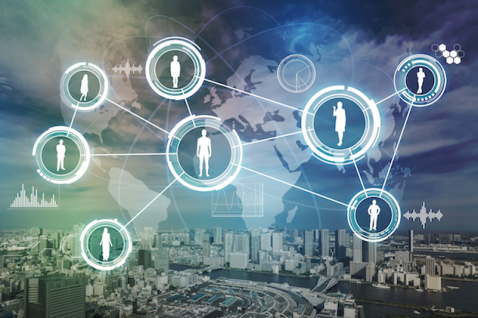Personal open data but under control
Fecha de la noticia: 05-01-2018

Open data has great potential to improve transparency and accountability or to enhance public services and the creation of new services, but at the same time they also show a less friendly face by increasing our vulnerability and exposing information increasingly more detailed that is not always used to our benefit. This increasingly abundant personal information conveniently combined can lead to final personal identification or even to sophisticated mass control tools if the necessary measures are not taken to avoid it. Practically every aspect of our lives offers examples of that double positive and negative slope:
-
On one hand, precision medicine offers great advances in the diagnosis and treatment of diseases, but it will be necessary to collect and analyze a large amount of information about patients.
-
The data has also revolutionized the way we travel through cities thanks to the multitude of applications available and these same data are also very useful in urban planning, but usually at the cost of sharing virtually all our movements.
- In the educational context, the data can offer learning experiences more adapted to the different profiles and needs, although it will again be necessary to expose sensitive data about the academic files.
Personal data is everywhere: every time we use social networks, when we shop online or offline, when we do an online search, every time we send an email or a message... Today we keep much more personal information on our phones than we used to keep in our personal journals. New challenges such as the large amount of data that digital cities manage about their citizens also require new practical approaches to guarantee the security and privacy of these data.
Moreover, as technology continues advancing so fast, it can become really difficult to guarantee that the future privacy of our data will be maintained unchanged, due to the multiple possibilities offered by the interconnection of all this data. Therefore, it seems that in this new world guided by data, it will also be necessary to begin to rethink the future of a new economy based on personal data, a new way of managing our identities and digital data and the new data markets associates.
The privacy problem in the management of personal data has only just begun and it is here to stay as part of our digital identities. Not only do we need a new legal framework and new standards that adapt to current times and protect our data, but we have to make an effort to raise awareness and educate a whole new generation about the importance of online privacy. Our data belongs to us and we should be able to retake and maintain full control over them and be able to guarantee that they will be used only with our explicit consent. Some pioneering initiatives are already working in key areas such as health, energy or social media to return control of the data to their real owners.











